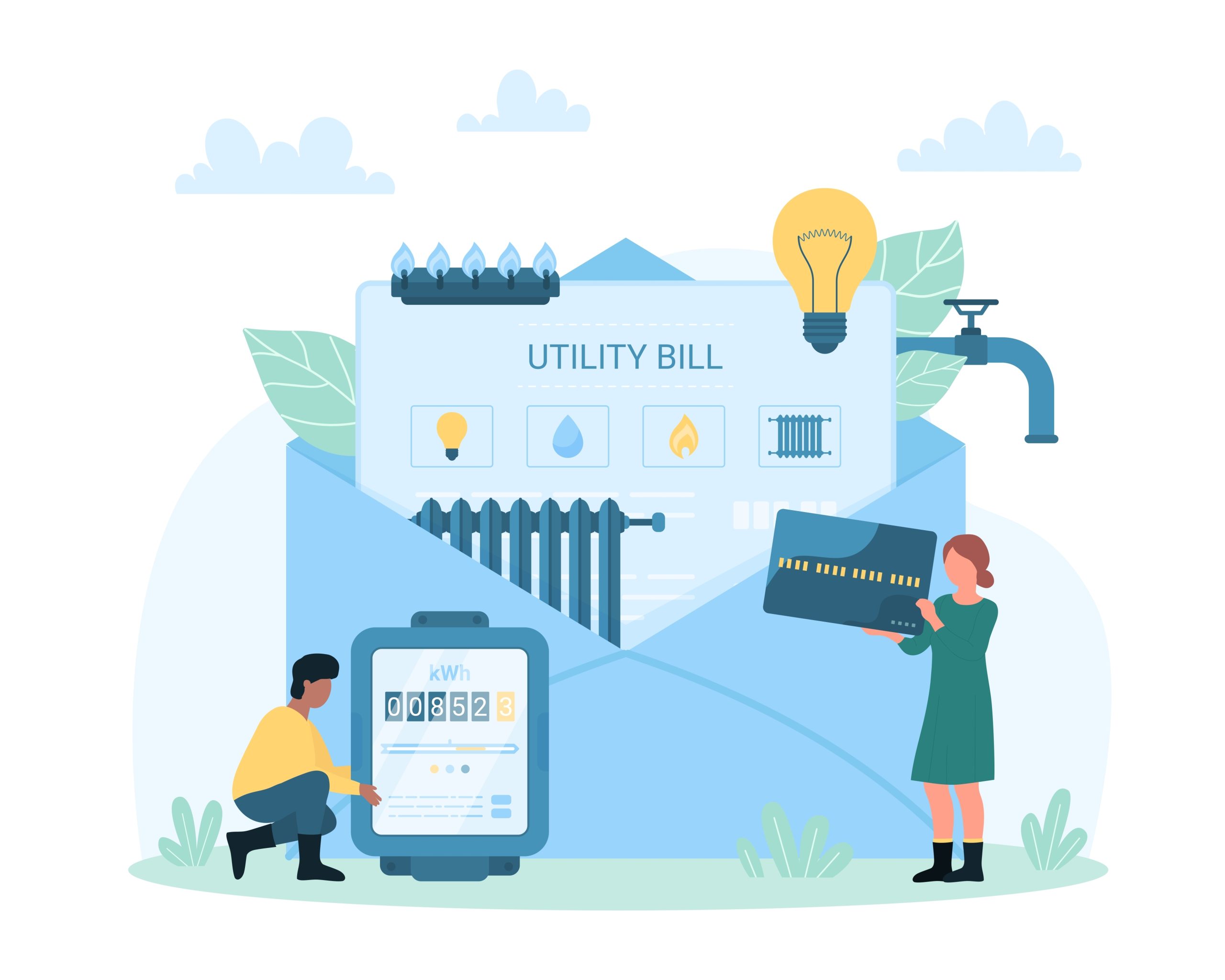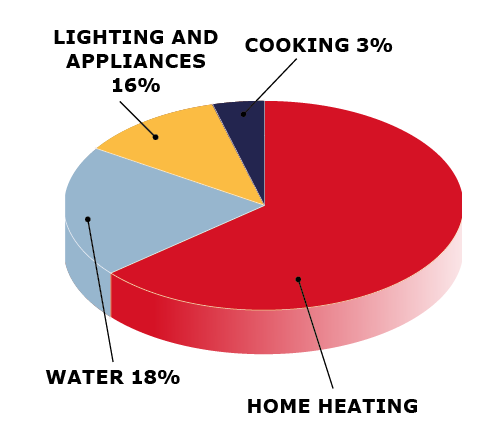
Top energy saving tips
National Energy Action is the national charity helping you with your energy bills. This leaflet could help you make small changes to the way you use your energy, helping to bring down your costs and stay warm, safe and healthy.
Energy is measured in units known as kilowatt hours or kWh. If you have a smart meter, you can use your in-home display to track what you are using in pounds and pence.
Reducing our usage in some areas gives us better control to use energy where it’s essential, such as in keeping the home heated. Reducing our energy usage also helps us to reduce our carbon impact.

Optimise your heating
Understanding your heating controls can help you use your system more efficiently. Research your controls online. If you have electric storage heaters, take a look at our Getting the most from Economy 7 fact sheet at https://www.nea.org.uk/get-help.
Don’t substitute your whole-house heating for small heating items (like electric plug-in heaters) – these don’t effectively heat your home and are very expensive to run.
Consider lowering your boiler flow temperature.
It may help your save. Go to www.nesta.org.uk/project/optimising-boilers-reduce-household-emissions/how-tooptimise-your-boiler.
Recommended temperatures for a healthy home are between 18°C and 21°C. Your room thermostat and thermostatic radiator valves allow you to set appropriate temperatures for every room in your home. Make sure you are warm enough but remember any room warmer than it needs to be is wasting money.
Install radiator reflector panels. These help get warmth from radiators into your room and may make your heating more efficient.
Spend time with your timers. Learn to set your heating timer to match your heating on and off times with your lifestyle. Turning it off when you’re out helps you to economise.
Insulation
Put draught excluders around draughty doors, windows, and any unwanted gaps. Or try making your own by putting old newspaper or old socks in a sleeve of an old jumper or worn-out trouser leg to cover any gaps at the bottom of doors.
25% of our heat is lost through the roof – insulating your loft space can save as much as £215 per year** on energy bills.
Lighting
Make sure to turn lights off when you leave a room. The cheapest unit of energy is the one you don’t need to use.
Switch to low energy LED bulbs. These use much less electricity and last much longer than older incandescent bulbs, while providing the same level of lighting. So update any older bulbs you may still have.
Make the most of natural sunlight! Take advantage of light and heat from the sun by opening curtains when the sun is out and closing them when it goes down. Fitting thick or thermal curtains over windows and external doors will also prevent heat loss.
Kitchen tips
Cooking in a microwave or air fryer is cheaper than an oven as it uses less power and takes less time to cook. Slow cookers are also more energy efficient than hob or oven cooking. They take several hours
to cook food but uses very little electricity to do so.
Boiling a full kettle uses a lot of energy, so just boil
enough water for what you need.
Open your oven door as little as possible. It loses around a quarter of its heat every time it’s opened. Once you’ve finished cooking, open the oven door and let the excess heat out to warm your kitchen.
The smaller food is cut up, the faster it will cook, which means you’ll use less energy to cook the same amount of food.
Electrical appliances
Unplug or switch devices off at the wall, and only charge phones for as long as is necessary. Items plugged in (even on standby) still use electricity, which could add up if you have a lot of items plugged in.
Washing your clothes at 30°C or the eco setting can lead to significant savings, with most detergents formulated to work at lower temperatures.
When replacing appliances, consider energy efficient models, which may be A-rated.
The latest heat pump tumble dryers use considerably less electricity than older vented models, or if you’re able to, you can dry clothes outside or on an airer for free!
Water
Install a low-flow showerhead and try to reduce your shower time. You can save money by turning off the shower while shampooing your hair.
Be careful with your immersion heater. If you leave it on all the time, it’s like leaving the kettle boiling constantly. But, if you are on Economy 7 tariff then you might need to keep it on overnight.
Insulating your hot water tank will significantly reduce heat loss, keeping your water hotter for longer and lowering energy bills.
If you are still struggling, call National Energy Action’s Energy Advice and Support Service on 0800 304 7159 or go to www.nea.org.uk/get-help.

